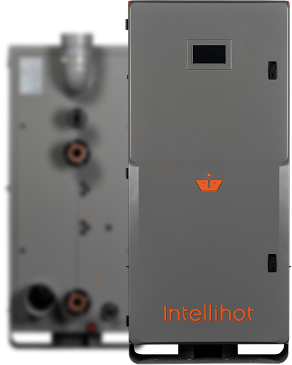

These high-efficiency systems are rising in popularity in multifamily housing, specifically in new urban residential properties.
Tankless hot water heaters have actually come a long way in the last decade. One-third of respondents (33.2%) to a 2019 Multifamily Design and Construction Amenities Survey said they had installed tankless water heaters in an apartment building or condominium neighborhood in the previous 12-18 months.
One specifically robust part of the multifamily market– brand-new city luxury high-rise buildings– many have already switched over to tankless systems. The speed of adoption in this market could be a sign of future implementation in the broader multifamily market.
Despite these favorable indicators, numerous property owners cling to the belief that tankless systems cannot generate sufficient hot water to meet the requirements of numerous homes or apartment residents. Having utilized storage tank designs for several years, they see no reason to switch to tankless.
Today’s tankless units can provide a constant stream of warm water indefinitely. Manufacturers have considerably reimagined tankless units, getting rid of the perceived drawbacks as well as enhancing performance to the point where developers, engineers, home builders, and designers ought to consider using them exclusively in multifamily buildings.
The choice of hot water heater ought to be made by a detailed analysis of all the choices: tank vs. tankless, gas vs. electric, brand name vs. brand, version vs. design. Let’s consider 10 elements your group must take into consideration in evaluating tankless hot water heaters for your multi-family building.

2900 W Main St.,
Galesburg, IL 61401
General: 1-877-835-1705
Product Support (24/7): 1-866-692-6791
